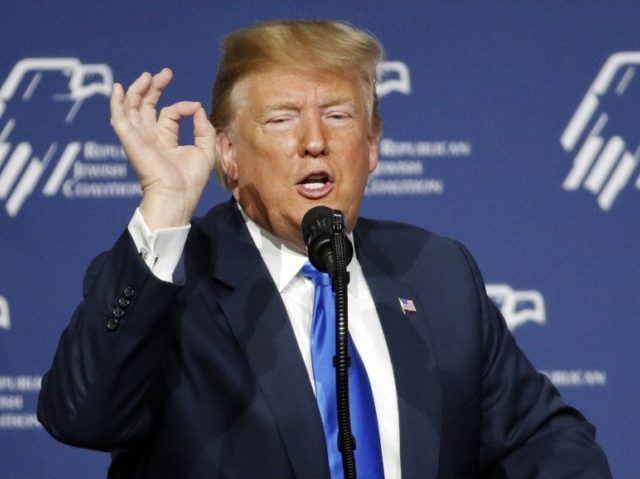A new peer-reviewed study appears to confirm what critics of political correctness have long suspected: that publicly apologizing for controversial statements or opinions doesn’t work, and may, in fact, be counterproductive. According to the study, liberals and women are more likely to desire punishment for a controversial person if they issued a public apology.
The peer-reviewed study was published in the academic journal Behavioural Public Policy by political psychologist Richard Hanania.
Participants in the study were asked to read two different stories about real-life controversies, one in which the public figure at the center of a scandal apologized, and one in which they didn’t.
In one test, participants were presented with the story of Larry Summers, the former president of Harvard University who was forced out of his role after suggesting that men and women have innate biological differences that can lead to different career outcomes and unequal representation in certain fields.
Liberals and women who read a story in which Summers apologized for his comments were more likely to say that he ought to be punished. However, liberals and women who read a version of the story in which Summers didn’t apologize, and stuck by his statements, were less likely to say he should face punishment.
The effects on other demographics were smaller or neutral, according to the study.
Hanania’s study quickly gained traction on social media, with Vox founder Ezra Klein suggesting it could help explain why President Trump, not a man known for his public apologies, was so successful in his 2016 campaign.
I remember watching this dynamic play out in 2016: when Clinton apologized on her emails, it validated criticisms of her and made it harder for her supporters to fight back. When Trump refused to apologize for outlandish behavior, it fired up his side and flummoxed the media. https://t.co/DhtgHF3G01
— Ezra Klein (@ezraklein) October 27, 2019
The findings of Hanania’s study indicate that public apologies don’t immediately affect voting behavior. In one test, participants were asked to read two stories about Sen. Rand Paul (R-KY), one in which he apologized for controversial comments on civil rights, and one in which he did not. The test found that neither story immediately shifted participants’ voting behavior one way or the other.
However, that doesn’t imply that there aren’t longer-term effects with public apologies. One public apology might not immediately shift someone’s voting decision, but repeated public apologies over time may change their opinion of a politician.
Are you an insider at Reddit or any other tech company who wants to confidentially reveal wrongdoing or political bias at your company? Reach out to Allum Bokhari at his secure email address allumbokhari@protonmail.com.
Allum Bokhari is the senior technology correspondent at Breitbart News.

COMMENTS
Please let us know if you're having issues with commenting.